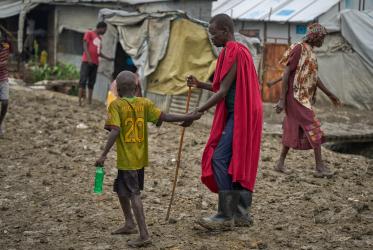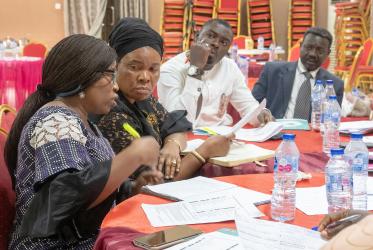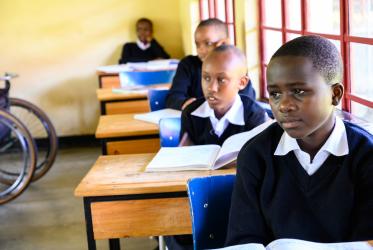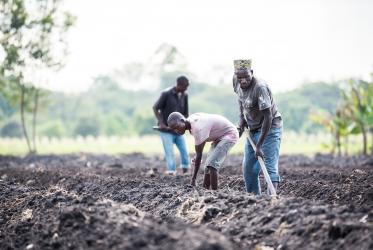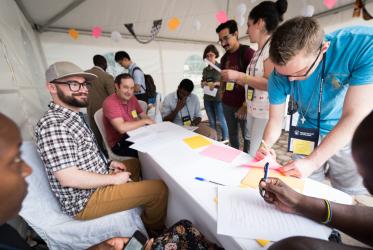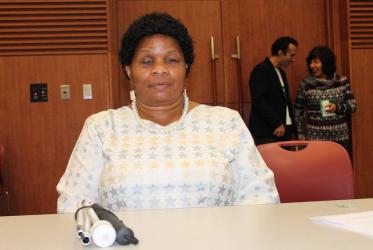Displaying 1 - 18 of 18
Workshop on HIV stigma, treatment adherence opens in Tanzania
29 September 2021
Mission and people with disabilities
26 June 2019
‘Sokoni’ transforms marketplace into mission
13 March 2018
East African communities discuss disability, theology
17 November 2016
Land rights focus of panel discussion
17 November 2015
